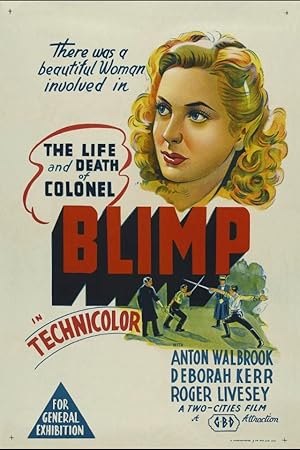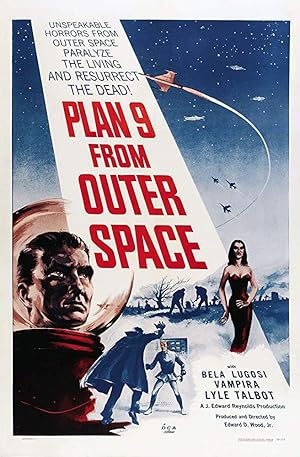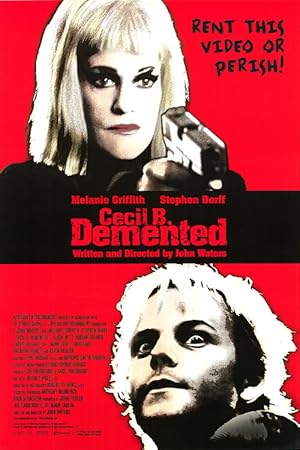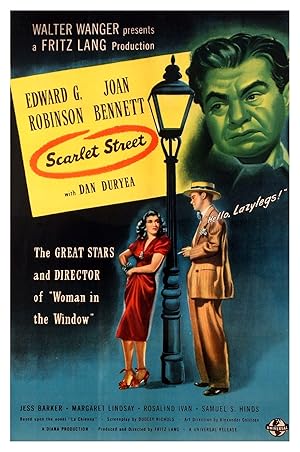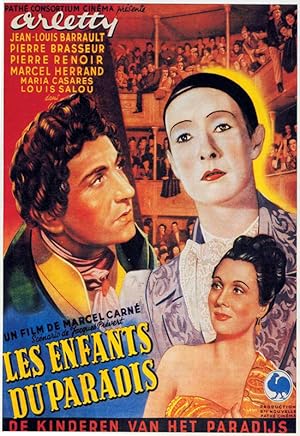
- HD 1080
- Runtime: 190m.
- Status: Released
1
- Languages: fr
- Country: France
- Director: Marcel Carné
- Stars: Arletty, Jean-Louis Barrault, Pierre Brasseur, Marcel Herrand, María Casares
- keywords: pantomime, anarchist, count, love, thief, murder, mime, false accusations, hoodlum
- Production_studio: Société Nouvelle Pathé Cinéma
- Slogan: AT LAST! The Celebrated French Film.
- providers: Criterion Channel, IndieFlix
- The Children of Paradise is featured in the top rankings of 1945
- #1 in Top Romance Movies of 1945
- #1 in Top Drama Movies of 1945
In a chaotic 19th-century Paris teeming with aristocrats, thieves, psychics, and courtesans, theater mime Baptiste is in love with the mysterious actress Garance. But Garance, in turn, is loved by three other men: pretentious actor Frederick, conniving thief Lacenaire, and Count Edouard of Montray.







